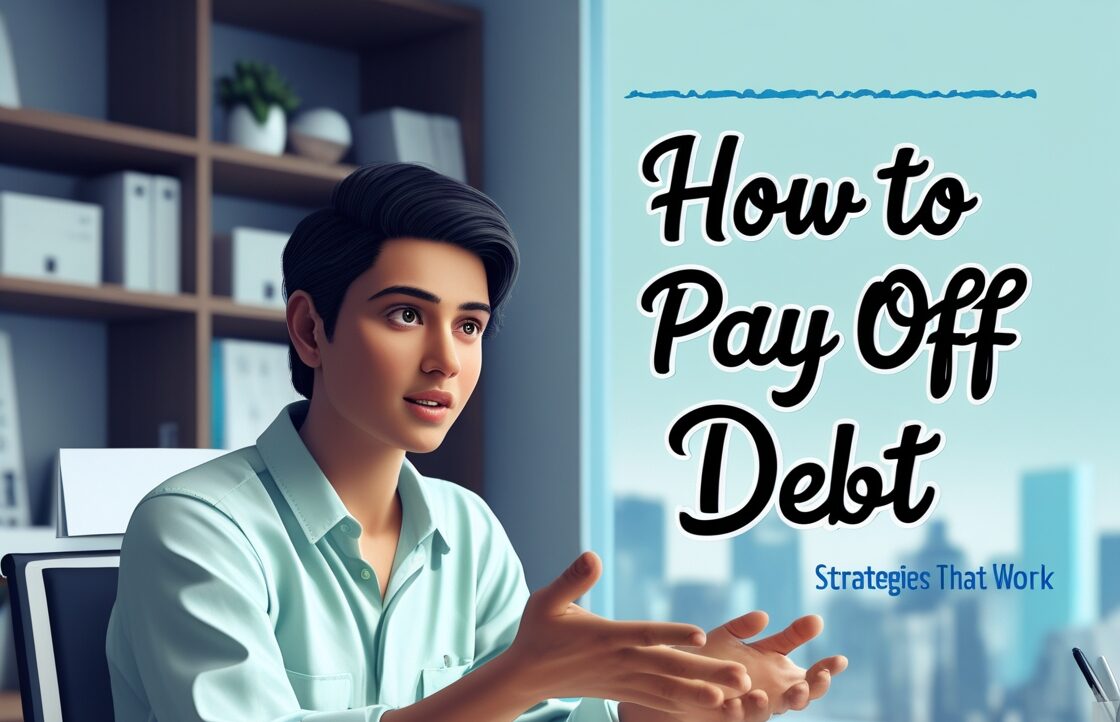Debt can feel like a heavy burden, holding you back from financial freedom and peace of mind. Whether it’s credit card debt, student loans, or personal loans, having a smart strategy can help you pay off debt faster and save money on interest. With discipline and the right approach, becoming debt-free is entirely possible—and much more achievable than you might think.
Understand Your Debt
The first step toward paying off debt quickly is understanding exactly what you owe. Make a list of all your debts, including the creditor, total balance, interest rate, and minimum monthly payment. This snapshot will help you prioritize which debts to tackle first and allow you to track your progress more effectively.
Choose a Repayment Strategy
There are two proven methods for accelerating debt repayment: the debt avalanche and the debt snowball method.
With the debt avalanche method, you focus on paying off the debt with the highest interest rate first while making minimum payments on the others. This strategy saves you the most money in interest over time.
The debt snowball method, on the other hand, focuses on paying off the smallest debts first. This gives you quick wins and builds motivation, even if it’s not the most mathematically efficient.
Choose the method that works best for your mindset and financial situation. The most important thing is to stay consistent and not give up.
Make Extra Payments
Any extra money you can put toward your debt will help you pay it off faster. This could come from side hustles, tax refunds, bonuses, or cutting unnecessary expenses. Even an extra $50 or $100 per month can shave months or years off your repayment timeline. Be sure to indicate that extra payments should go toward the principal, not future interest.
Reduce Your Interest Rates
Lowering your interest rates can make a significant difference in how quickly you pay off debt. Consider calling your credit card company to request a lower rate—especially if you have a good payment history. You can also look into balance transfer credit cards with 0% introductory APR or debt consolidation loans that offer lower rates than your current debt.
Cut Expenses and Redirect Savings
Review your monthly expenses and identify areas where you can cut back. Cancel unused subscriptions, eat out less often, or find a cheaper phone plan. Redirect those savings toward your debt. Small lifestyle adjustments can create meaningful financial impact when applied consistently.
Avoid Accumulating New Debt
Paying off debt while continuing to use credit irresponsibly is like trying to fill a leaking bucket. Avoid adding new debt by using cash or debit for purchases, sticking to a strict budget, and resisting unnecessary spending. Establishing an emergency fund can also prevent you from relying on credit cards when surprise expenses arise.
Automate Payments and Stay Organized
Automating your debt payments ensures you never miss a due date and helps avoid late fees and interest penalties. Use budgeting apps or a spreadsheet to stay organized and track your progress. Watching your balances decrease month after month can be extremely motivating.
Celebrate Milestones
Paying off debt is a long journey, so it’s important to celebrate your progress along the way. Set milestones—for example, every $1,000 paid off—and reward yourself in meaningful but budget-friendly ways. This keeps morale high and reinforces good habits.
Final Thoughts: Free Yourself from Debt
Becoming debt-free won’t happen overnight, but with commitment, a clear plan, and consistent effort, it’s within reach. By choosing the right repayment strategy, cutting costs, avoiding new debt, and staying focused on your goals, you can accelerate your journey to financial freedom. Paying off debt is more than a financial win—it’s a step toward a more empowered and secure future.
